Cyclone Batsirai batters Madagascar, killing 10, displacing 48,000
A week after the devastating tropical storm Ana, a cyclone ripped through the island nation of Madagascar, leaving behind a trail of death and destruction.
At least 10 people have died so far and nearly 48,000 are displaced from Cyclone Batsirai, which struck the island situated 400 km off the east coast of Africa, separated from the mainland by the Mozambique Channel, according to the island country’s office of disaster and risk management.
The agency announced the casualties in a bulletin late on Sunday while state radio said some people were killed after their house collapsed in the town of Ambalavao, about 286 miles south of the capital Antananarivo.
Cyclone Batsirai made landfall in Mananjary, with winds of 103 miles per hour, uprooting trees, destroying buildings and rendering thousands of people homeless, according to reports.
“We saw only desolation: uprooted trees, fallen electric poles, roofs torn off by the wind, the city completely under water,” Nirina Rahaingosoa, a resident of Fianarantsoa, 420km south of Antananarivo, was quoted as saying by Reuters.
Another man, Fana, was certain that "almost 95 percent of the city has been destroyed"
The island country’s national meteorological office said Sunday that heavy rain will cause flooding in parts of the country.
However, the office noted that the cyclone had weakened and its average wind speed had dropped to 80 kph, almost half its previous speed.
Willy Raharijaona, technical adviser to the vice president of Madagascar’s Senate, was quoted as saying that some parts of the southeast had been cut off from the surrounding areas by flooding.
“It’s as if we had just been bombed. The city of Nosy Varika is almost 95 percent destroyed,” he told Reuters. “The solid houses saw their roofs torn off by the wind. The wooden huts have for the most part been destroyed.”
Reports said waves of the rising sea had ripped open graves at a seaside cemetery, exposing the bodies of the deceased.
"A few days ago the sea was far away, but this morning I was told the waves had washed away part of the cemetery," Marie Viviane Rasoanandrasana, a 54-year-old widow who had lost her husband, father-in-law and daughter, was quoted as saying.
"Daily life is already very hard," she said, adding the family would be forced to rebury the remains in a temporary grave until they raise enough money for a "proper burial".
It was the second devastating storm to ravage the poor Indian Ocean island nation in two weeks.
Cyclone Batsirai came days after Tropical Storm Ana swept through the country, affecting at least 131,000 people, with nearly 60 people killed, mostly in the capital Antananarivo.
It also struck Malawi, Mozambique and Zimbabwe, causing death and destruction.
At least 10,000 people on La Reunion are still without electricity, three days after the tropical cyclone passed through the island, according to reports.
Despite heavy rains, southern parts of Madagascar continue to reel from the worst drought in four decades.
At the annual summit of African leaders in Addis Ababa on Sunday, South African President Cyril Ramaphosa blamed countries responsible for climate change for the freak weather, including cyclones and drought.
"Africa is experiencing the worst impacts of phenomena associated with global warming such as droughts, floods and cyclones," he said.
"Despite not being responsible for causing climate change, it is Africans who are bearing both the brunt and the cost."
VIDEO | Israel silencing truth
IRGC: Enemy command room of 10 intel agencies targeted Iran
US threat to Iran's Leader will ignite entire region: Hezbollah
VIDEO | Campaign to stop sale of Israel bonds grows in US
VIDEO | Iran judiciary, military detail foreign role in unrest; honor martyrs
Experts slam ‘scientifically reckless’ US withdrawal from WHO
Recent US military actions signal return to ‘predatory colonialism’: UN rapporteur
‘Confused clowns’: Iran FM blasts Zelensky over call for aggression on Iran


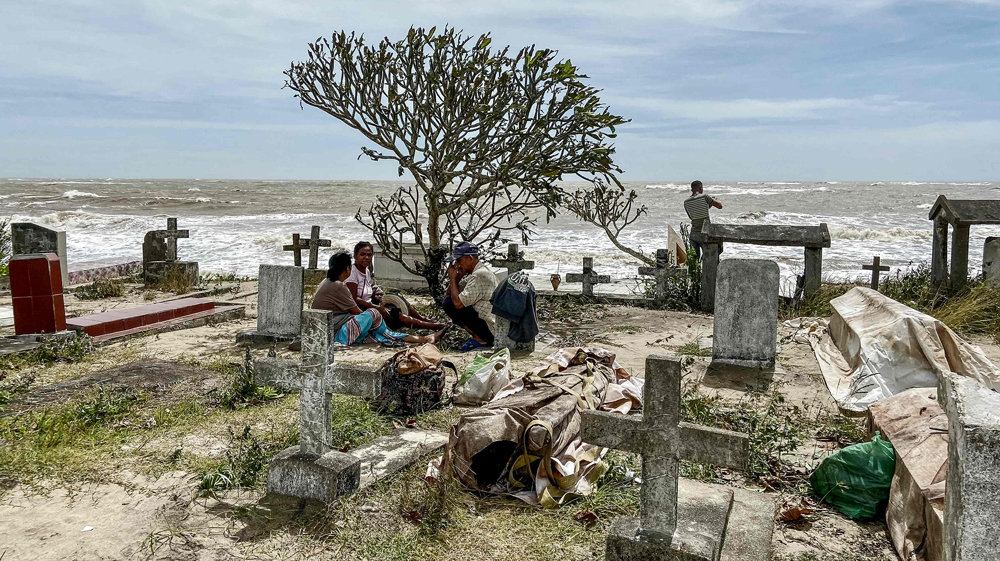

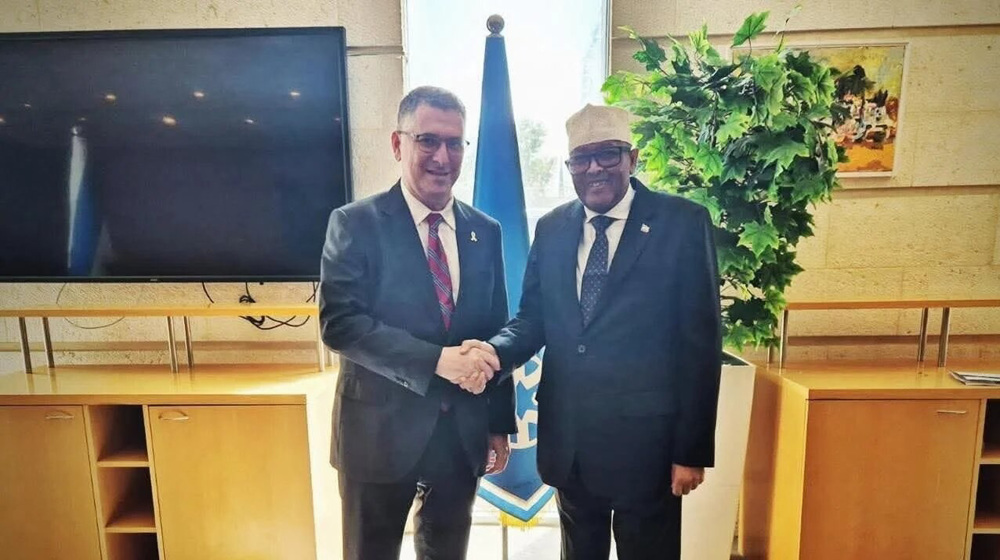
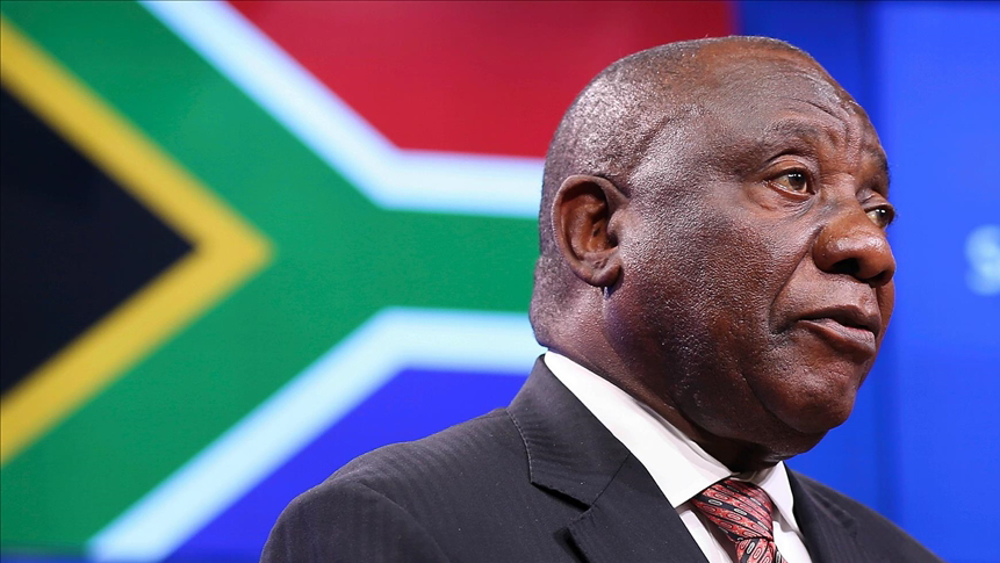



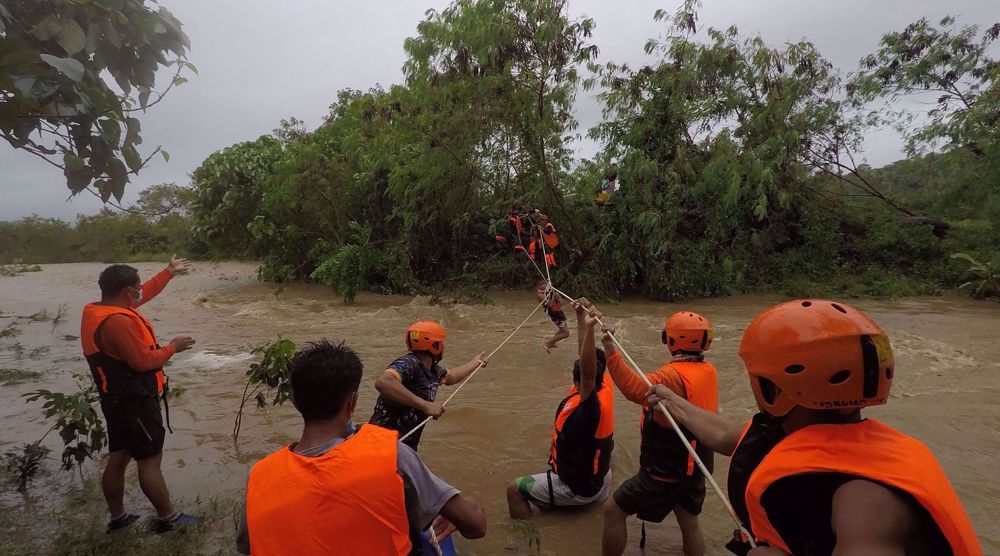
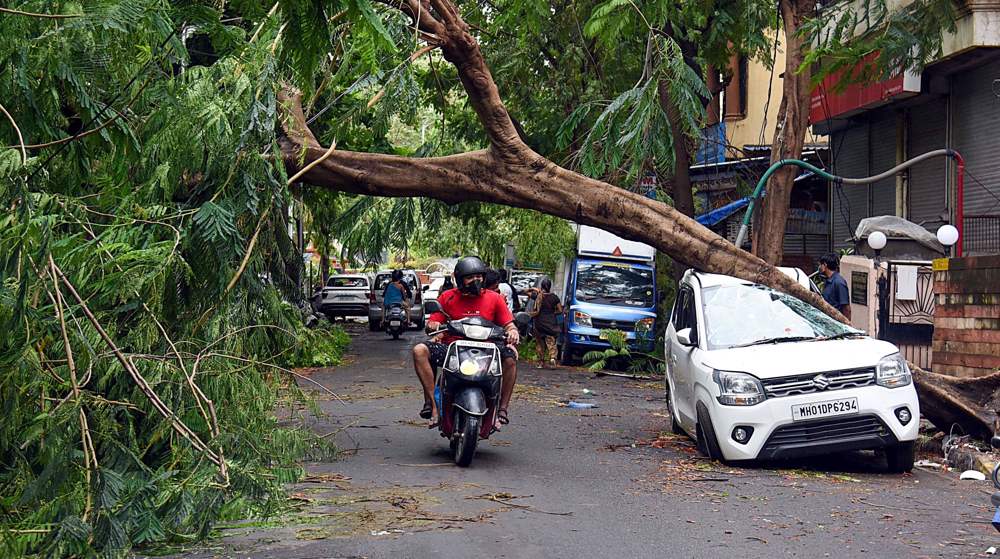
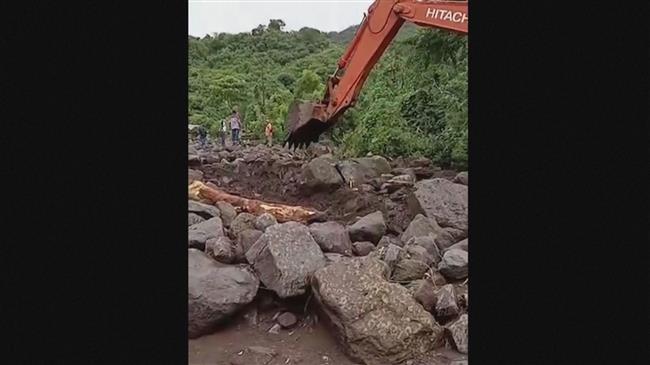

 This makes it easy to access the Press TV website
This makes it easy to access the Press TV website